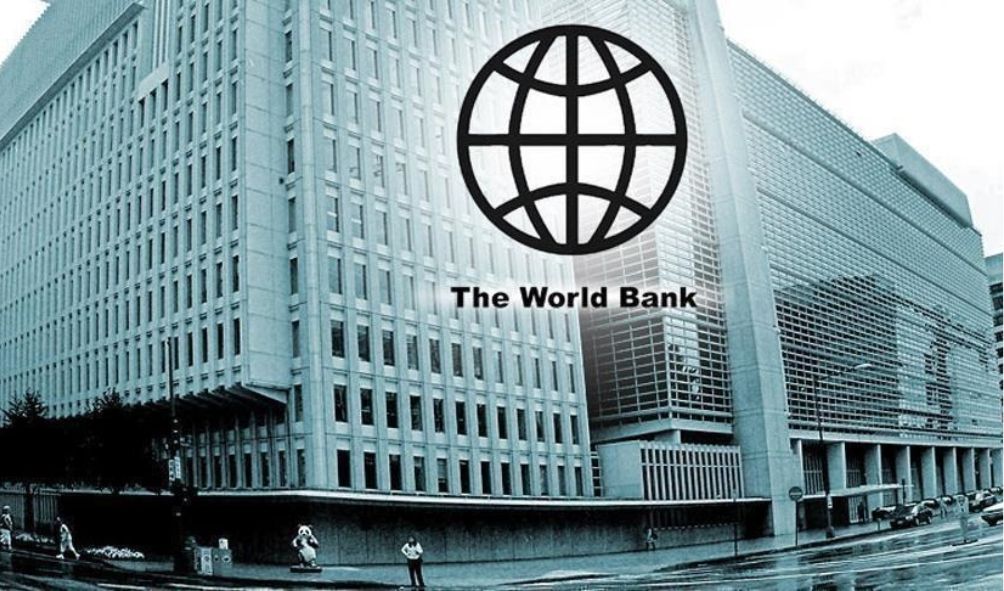World Bank comments on Ruto’s proposed Finance Bill 2023

World Bank says Ruto's tax plans in the proposed controversial finance bill 2023 will hurt the purchasing power of households
World Bank says Ruto’s tax plans in the proposed controversial finance bill 2023 will hurt the purchasing power of households.
The World Bank has warned that the proposed tax changes in the Finance Bill 2023 will have a negative impact on households’ ability to make purchases over the medium term.
It also portends harsher times ahead for businesses struggling with decreased demand as a result of the high cost of goods, as this is likely to exacerbate the current inflationary pressures brought on by an increase in the costs of essential commodities, particularly food, and fuel.
The Washington-based organization claimed in recent research that the current tax measures, which include hiking the standard value-added tax (VAT) on fuel from eight to sixteen percent, will slow development in the near term.
“Private consumption is expected to remain on a robust growth path, although it will be dampened in the near term by…ongoing tax reforms to boost revenue and sustain fiscal consolidation,” said the World Bank in its 27th Kenya Economic Update (KEU).
The report, which is produced twice a year, assesses recent economic and social developments and prospects in the country.
The economy is projected to grow faster at five percent this year, compared to 4.8 percent last year, according to the forecast.
This growth, however, is likely to be dampened by the proposed tax measures, which will eat into the disposable income of most Kenyans, especially those who are employed.
The government has introduced sweeping tax measures aimed at helping the country reduce its borrowing, with Kenya’s risk of debt distress rising to high from moderate.
“The fiscal consolidation that the government is planning is very crucial. It is very important for Kenya to generate the surplus that it is planning,” said Aghassi Mkrtchyan, a senior economist at the World Bank.
US updates visa application requirements
World Bank praises Ruto on his measures to increase taxes
EPRA on spot after Ruto deal with Saudi Arabia fails to lower fuel prices
Ruto bows to pressure on 3% Housing Fund levy
Other than increasing VAT on fuel, the Finance Bill, 2023 also proposes a pay-as-you-earn (PAYE) tax paid by employees with a gross salary of over Sh500,000 to 35 percent from the current 30 percent.
It also proposes to introduce withholding taxes on digital content creators at the rate of 15 percent.
Those selling cryptocurrencies and non-fungible tokens will be expected to pay a digital asset tax.
There is a proposed increase of excise duty on mobile money transactions and its introduction on some beauty products such as fake hair, wigs, and nails.
Meanwhile, Kenya’s decision to increase the tax revenue has been hailed by the International Monetary Fund(IMF), with the country being rewarded with an additional Sh162.5 billion under the 38-month programme.
“The authorities have responded promptly to the challenges. On the fiscal side, government spending execution has been prudent this fiscal year, consistent with available resources,” said Haimanot Teferra who led the IMF mission to Kenya.
Also read,
KRA allocated Sh1.2bn to hire spies in fresh efforts to collect more tax
Mackenzie and wife on hunger strike in protest over Kindiki remark to jail them for life
World Bank report project Kenya’s economy to by 5% this year
Government urges Kenyans to freely donate kidney, liver, and other body parts
Raila unveils strategy to counter Ruto over finance bill 2023
Follow us






